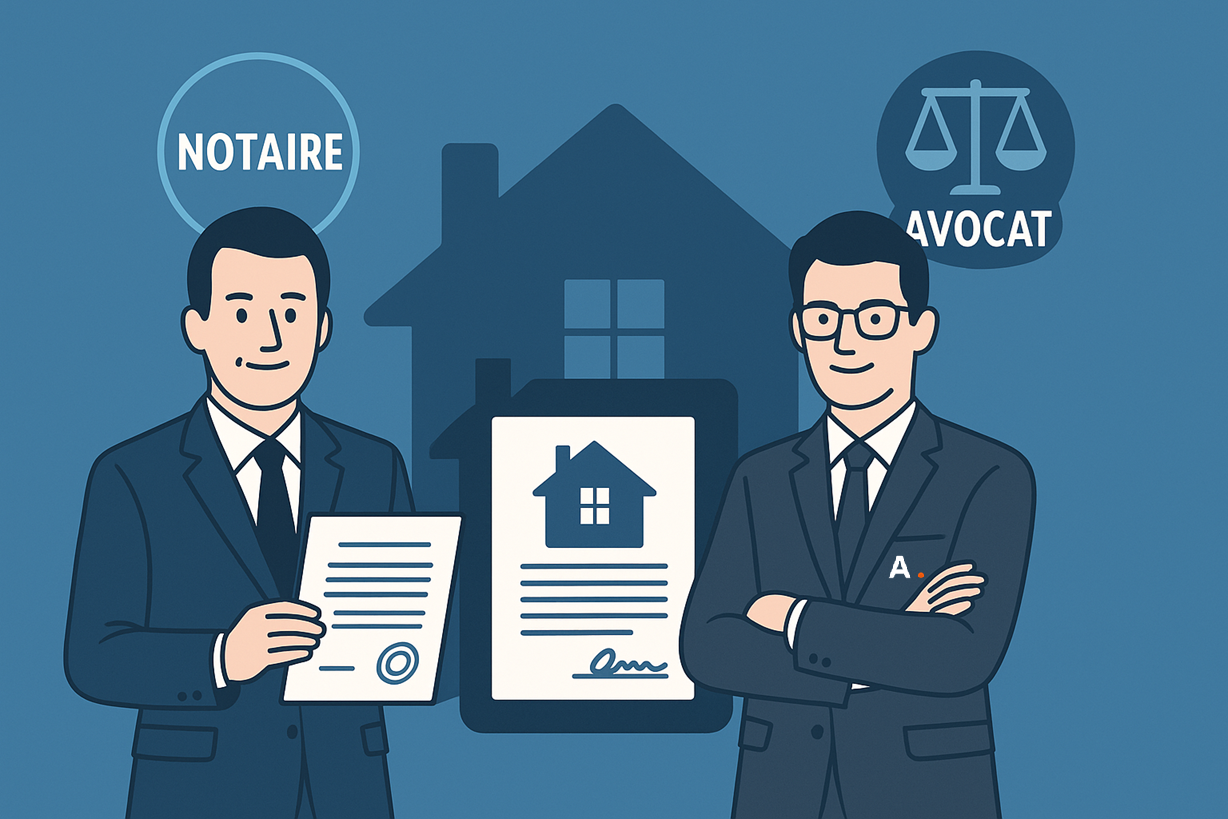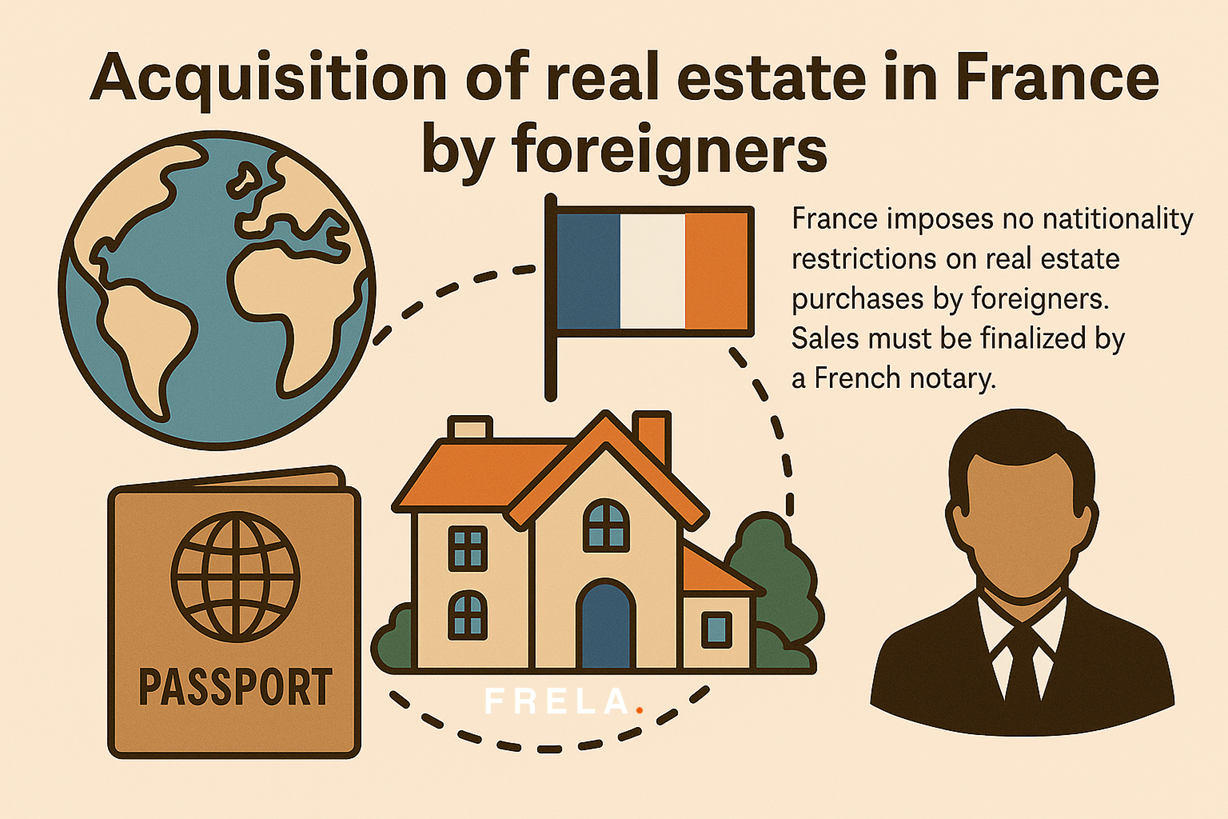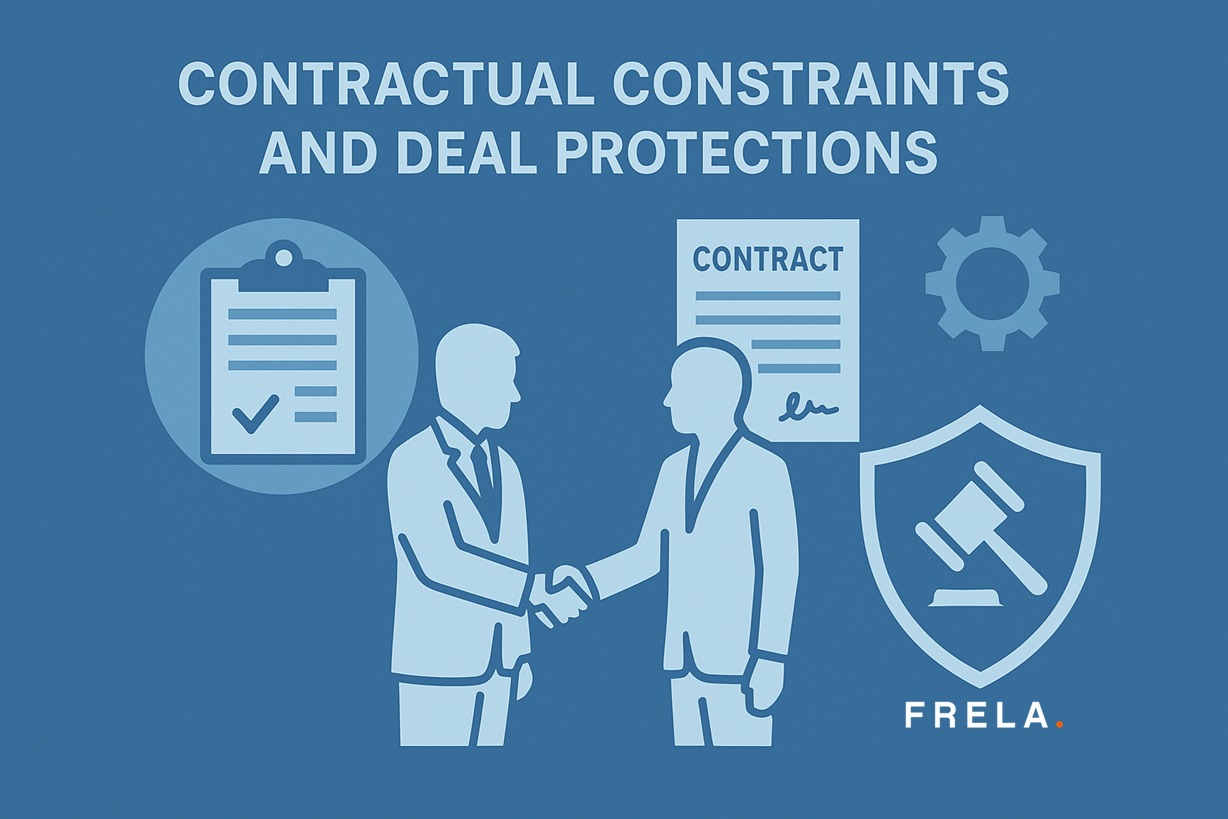Buying a property in France : your legal and tax obligations
When buying a property in France, it’s important to understand the different taxes and fees that need to be paid. These costs can vary depending on the location and value of the property.


Tax obligations and notary fees
When purchasing a property in France, it’s necessary to pay notary fees. These fees are a tax on the sale of real estate and must be paid to the notary upon signing the sales agreement. The taxe de publicité foncière is a tax paid to the French Treasury when signing the sales agreement and is used to finance State, local government, and municipal expenses. The amount of these fees varies depending on the value and location of the property.
Tax obligation: property tax
Property tax is an annual tax that owners of a property in France must pay. It’s generally calculated based on the cadastral rental value of the property, which is determined by the municipality where the property is located and can vary from one municipality to another.
Tax obligation: habitation tax
Habitation tax is a local tax collected for the benefit of local governments. Its amount varies depending on the municipality where the property is located, and its tax rate is decided by territorial authorities. The habitation tax also depends on the characteristics of the taxable property, such as size or level of comfort, as well as the personal situation of the occupant on January 1st of the tax year, including income and household composition. Whether you’re an owner, tenant, or occupant of a property, you may be liable for habitation tax for your main residence or second home.
Tax obligation: real estate wealth tax
If you own a significant real estate portfolio, you may be subject to real estate wealth tax (IFI) if the net value of your portfolio exceeds €1,300,000. This value includes all the real estate assets and rights you directly or indirectly own on January 1st of the tax year. There are partial or total exemptions for certain assets, and some debts can be deducted from the value of your portfolio before taxation.
Tax obligation: income tax
Even if you live abroad, if you earn income from a French source such as rental income, you must declare it and file a tax return in France. There’s no minimum threshold for declaration, all income must be declared, even if it’s not taxable. Your tax will be calculated progressively based on the level of your income and household composition. Non-residents are taxed at a flat rate of approximately 20% or 30% on their taxable net income in France. The tax return can be filed from April, and the tax notice is received by the end of the summer of the current year.
Tax obligation: 3% tax for legal entities
The tax on the market value of properties held directly or indirectly in France by any French or foreign legal entity with or without legal personality is provided for in articles 990 D to 990 G of the French General Tax Code. This tax is equal to 3% of the market value of real estate assets held in France on January 1st of the tax year and includes several possibilities for exemptions. However, some entities are exempt from this tax.
In summary, buying a property in France involves paying several taxes. Notary fees, property tax, habitation tax, and real estate wealth tax are the main taxes and fees to be paid when purchasing a property in France. It’s important to understand these costs and choose a competent and reliable lawyer to ensure a successful real estate transaction.
About the Author :
Business lawyers, bilingual, specialized in acquisition law; Benoit Lafourcade is co-founder of Delcade lawyers & solicitors and founder of FRELA; registered as agents in personal and professional real estate transactions. Member of AAMTI (main association of French lawyers and agents).
FRELA : French Real Estate Lawyer Agency, specializing in acquisition law to secure real estate and business transactions in France.
Paris, 19 Rue du Colisee, 75008 Paris
Bordeaux, 78 Cours de Verdun, 33000 Bordeaux
Lille, 40 Theater Square, 59800 Lille

This article is provided for general information only and may not reflect the most recent legal or tax developments. It does not constitute legal advice. Please contact us for personalised guidance before making any decision.




